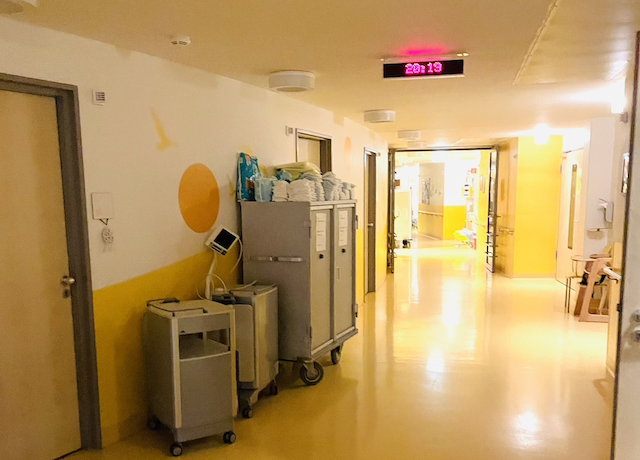Auckland midwife accused of professional misconduct and wrongful claims
Midwife in Auckland has been accused of professional misconduct after allegedly wrongfully claiming $197,000 from the Ministry of Health and not being present at the birth of 36 patients.
SHORT OF TIME? - WATCH OUR 60 SECONDS SUMMARY HERE
A midwife plays a crucial role in ensuring that pregnant women receive the care and support they need during pregnancy, childbirth, and the postpartum period. However, a recent case of professional misconduct by a midwife in Auckland highlights the importance of ensuring that midwives adhere to professional standards and are held accountable for any breaches of these standards.
The case of Ms N, an Auckland midwife, involves allegations of wrongfully claiming $197,000 from the Ministry of Health and failing to provide adequate midwifery care to her clients. It is alleged that between January 2014 and August 2018, Ms N submitted claims for services she had not provided, for payments she knew she was not entitled to. Among other things, she claimed for antenatal visits that did not occur, births that happened in hospitals that did not meet the definition of home births, and rural travel to places she had never visited. Additionally, Ms N is accused of failing to provide adequate midwifery care to her clients, leaving some to give birth in ambulances and hospital car parks.
 Photo by Christian Bowen
Photo by Christian Bowen
The allegations against Ms N are serious, and they highlight the importance of ensuring that midwives receive the education and training they need to provide safe and effective care to pregnant women and their newborns. In New Zealand, midwives are required to complete a three-year Bachelor of Midwifery degree that includes both theoretical and practical components. This training is designed to prepare midwives for the challenges of providing care to pregnant women and their newborns, and to ensure that they have the skills and knowledge necessary to provide safe and effective care.
In addition to education and training, midwives in New Zealand are subject to regulation by the Midwifery Council of New Zealand. This council is responsible for setting standards of practice, maintaining a register of midwives, and ensuring that midwives meet the requirements for ongoing education and professional development.
The regulation of midwives is essential to ensure that they provide safe and effective care to their clients. It is important that midwives adhere to professional standards and are held accountable for any breaches of these standards. The case of Ms N is a reminder that there is still work to be done to ensure that all midwives provide high-quality care to pregnant women and their newborns.
One way to ensure that midwives provide safe and effective care is through the use of clinical practice guidelines. These guidelines provide evidence-based recommendations for the care of pregnant women and their newborns, and they can help ensure that midwives provide consistent and high-quality care. The use of clinical practice guidelines can also help to reduce the risk of adverse outcomes for pregnant women and their newborns.
The case of Ms N highlights the importance of ensuring that midwives receive the education, training, and regulation they need to provide safe and effective care to pregnant women and their newborns. The allegations against Ms N are serious, and they underscore the need for midwives to adhere to professional standards and be held accountable for any breaches of these standards. By providing midwives with the support and resources they need to provide safe and effective care, we can help ensure that pregnant women and their newborns receive the care they need to stay healthy and thrive.





